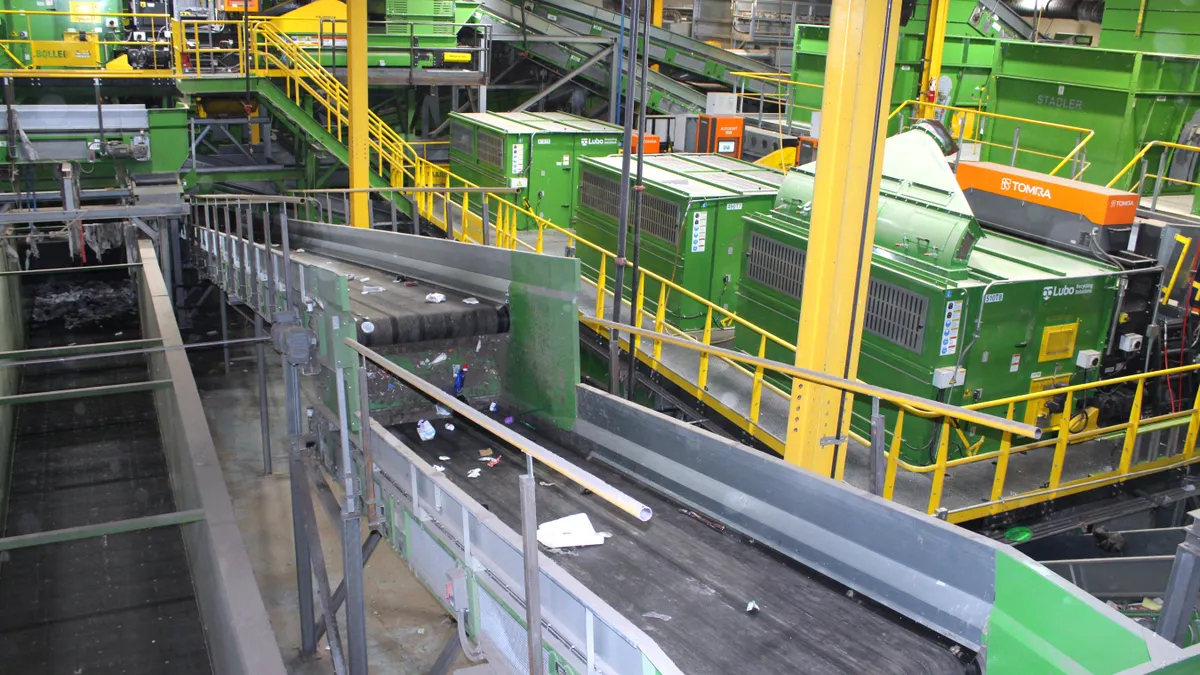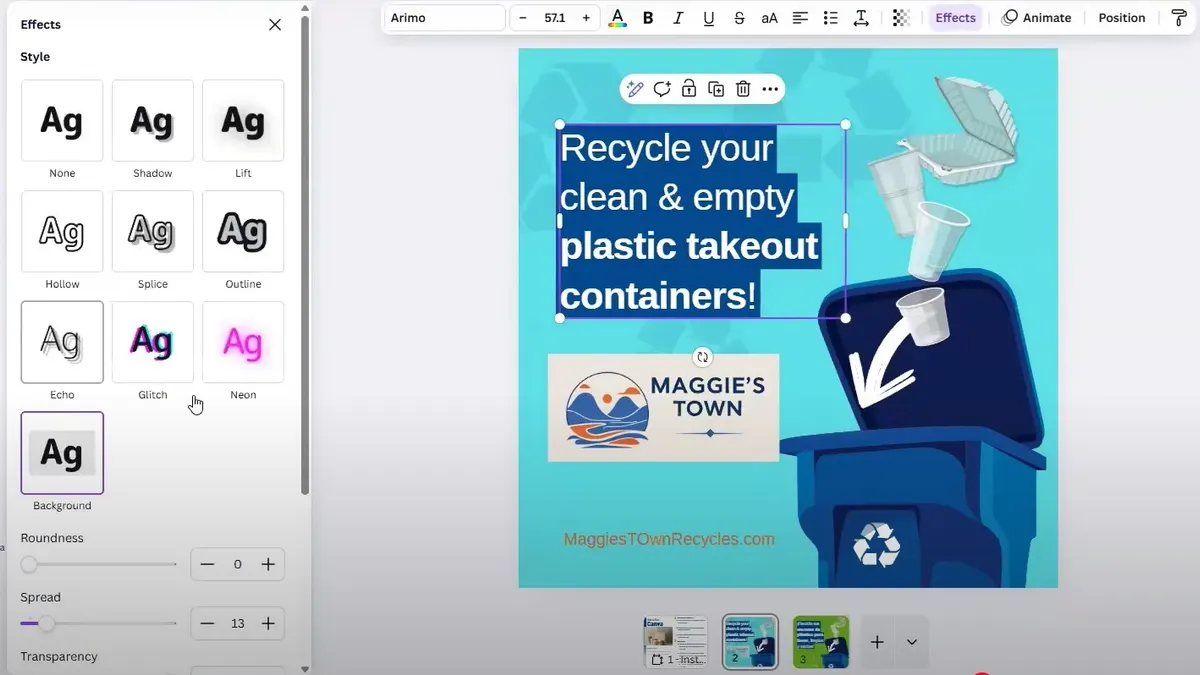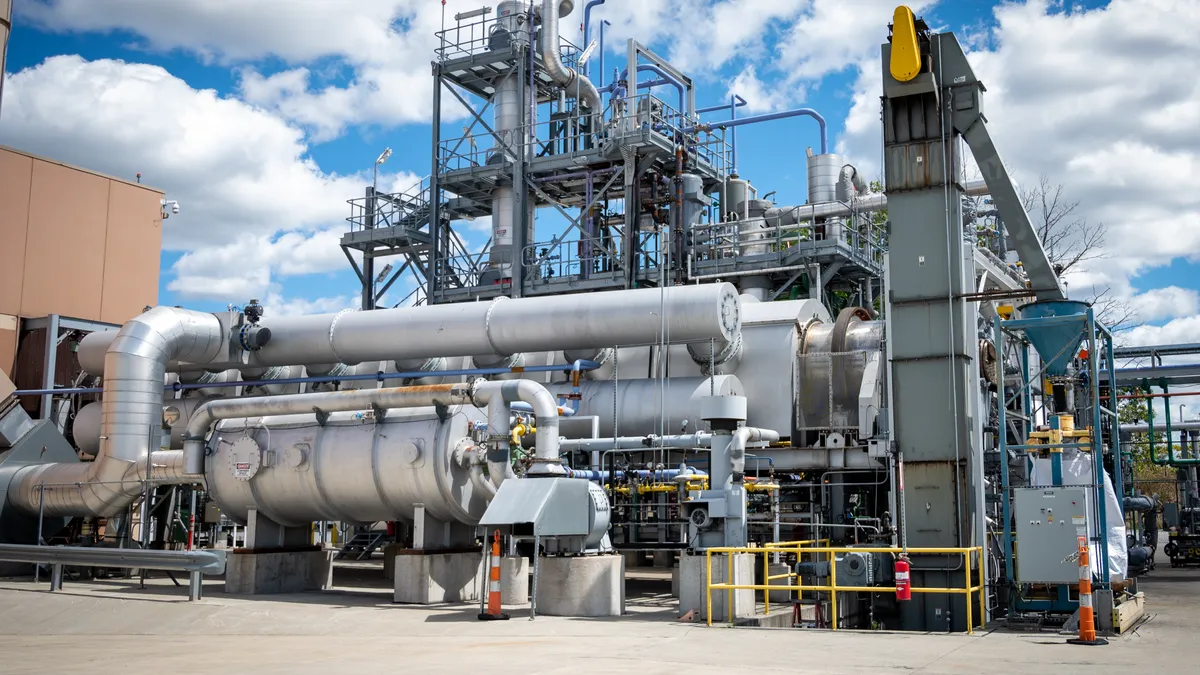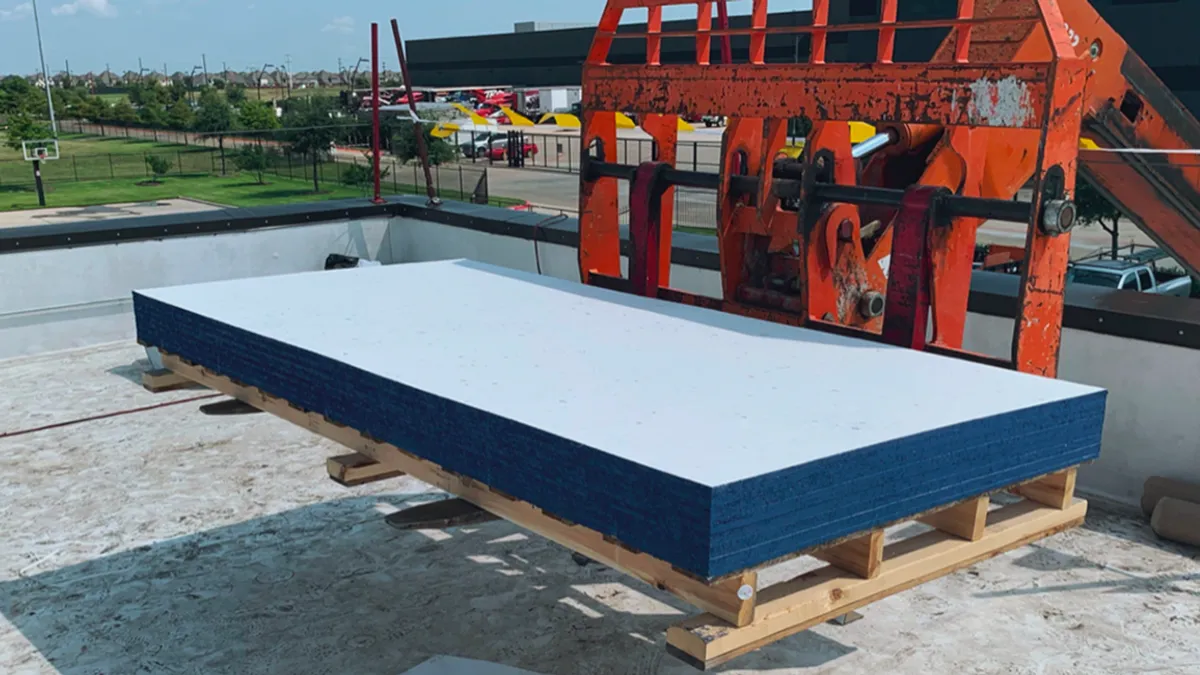Across the US, and around the globe, we have echoed a decades-old mantra: reduce, reuse, recycle.
For years, this meant making the effort to compost the food, recycle the bottle, or reuse the plastic bag. But through the evolution of the recycling industry, the bar has been raised to attain a higher goal: zero waste.
It is a philosophy that contends every ounce of salvageable trash — that which can still serve a purpose — can be turned into valued commodities. In embracing this philosophy, its proponents say, we can capitalize on resources while taking some of the load off our landfills.
Holly Elmore, Atlanta GA-based Elemental Impact founder and CEO, works with the industry on creating sustainable best practices. Among her work to reach zero waste, she developed Zero Waste Zones, which was acquired by the National Restaurant Association.
While the idea has its merits, one may wonder: is zero waste really achievable? If so, how do you convince a "throw-away" society of this lifestyle? And what are ways to get zero waste to make sense from a logistics and economic perspective?
Waste Dive caught up with Elmore to address these questions and more.
WASTE DIVE: Is Zero Waste attainable? And if so, how do we get there?
HOLLY ELMORE: I do think zero waste is attainable. To get to zero waste, you must recognize which materials have value. Set up a system to recycle it. And reduce … If you are a corporation, begin for instance by asking yourself, are you printing more than you have to? Then you replace. An example: with shipments, tell companies you purchase from you want recyclable packaging. There is power in consumer demand. Once you have reduced and replaced, separate valuable material and find a local recycling option.
What is key to getting the public to buy into zero waste?
ELMORE: You need to cultivate a culture. That culture has to come from the top management down in the case of large organizations. In the community it has to start with the mayor and city council …There should be green team leaders or sustainability leaders who have zero waste responsibilities written in their job descriptions. It should be tied to their compensation and evaluations … There should be good signage and recycling bins. Their use and why we use them should be in newspaper articles. And community leaders should be talking about this … The Georgia World Congress Center is the world’s largest LEED certified conference center. They were one of the nation’s pioneers in the commercial collection of food waste for composting in 2009. You can’t tell me most people are busier than them. But they make the time because this is in their culture.
Can you speak to the role of education in changing a culture?
ELMORE: Education is crucial. Charlotte, NC has an MRF that had low contamination rates, but the community spent mega time educating and rewarding residents on clean recycling. The MRF got great material. When they started accepting from other communities, who had not been educated and did not have comprehensive programs with government support, contamination increased.
What are the biggest roadblocks to obtaining zero waste?
ELMORE: It is that mentality that waste is trash. As long as we view it as trash it will end up in the landfill. We must recognize it as valuable material … determining what is trash and separating it once you have reduced and replaced is where challenges happen … Single-stream recycling is a big problem leading to contamination. According to the Container Recycling Institute, about 25% of material sent to MRFs ends up in landfills due to contamination. And one person or corporation can contaminate an entire single-stream load, with two main contaminants being food and glass.
How do you address this road block?
ELMORE: First know that according to US Zero Waste Business Council, you can only claim 100% zero waste if the entire value chain is zero waste, which includes suppliers, manufacturers and consumers … It’s important to get manufacturers to understand their responsibility for packaging. Packaging should be reusable or recyclable, and labeled as recyclable with clear instructions. Those instructions should include if items need to be separated … If caps are a different plastic than bottles; well, tell us …Consumers can avoid contamination by removing food, and if packer trucks are crushing materials, remove glass.
What is the MRF’s role in working toward zero waste?
ELMORE: First, they should not be there to clean, but to separate. The MRF is simply the destination. Haulers, citizens, and government should take responsibility for clean material. So for MRFs to be affective, consumers [and organizations] must put only clean material into the stream … I think MRFs should fine haulers. Or reject dirty loads. The hauler would have to go to landfills and pay tipping fees.
Can you speak of "benefit of scale" to justify investments made to reach for zero waste?
ELMORE: You need scale for zero waste efforts to make economic sense. It’s expensive to put trucks out there, so you need route density. Cluster pickup places where there are generators of material in a zone. Haulers have to fill that truck to justify overall cost of their routes. Bales of waste to be sold to end markets must be large enough to fill tractor trailers of materials sold by weight … If you travel outside your community, especially, you have to have volume.
How do you get corporations and other business entities to support zero waste goals?
ELMORE: Look at what material is generated in the community, corporations, universities, government and other organizations. If a significant amount of material is generated in the community, for instance, but you don’t have an end market, look at who would use the “commodities." And attract businesses that could capitalize on it … keep dollars in your community to build a vital local economy, create jobs and new products … and remember, it’s a team effort between businesses, government, citizens … As far as trash collectors, they have to tell municipalities, your citizens are sending contaminated stuff ... Let’s work together: the government, businesses, citizens, haulers and MRFs.

















